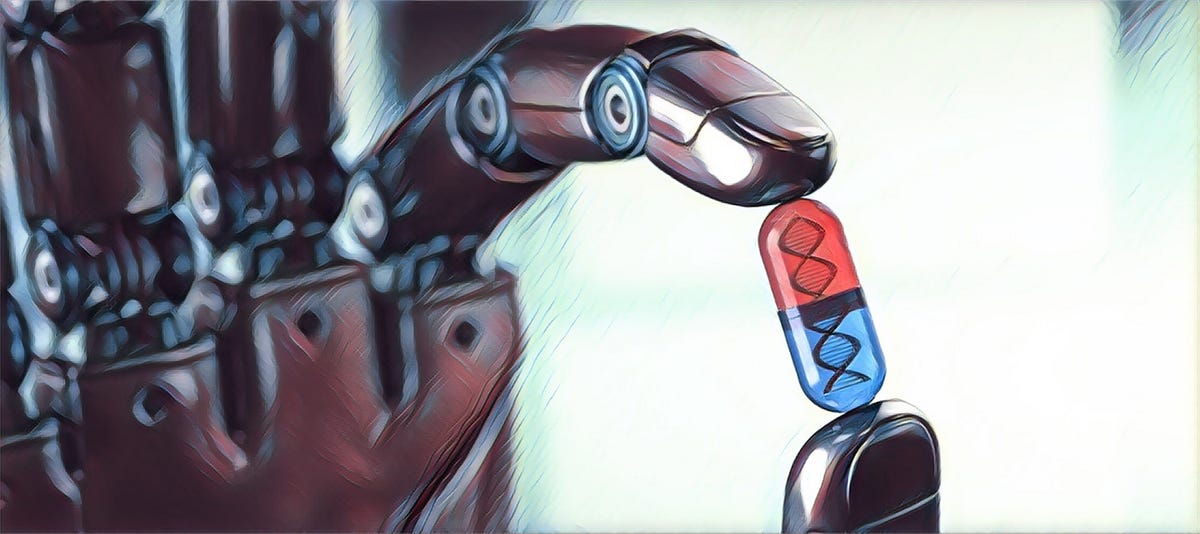
Awesome, not awesome.
#Awesome
“…a recent paper made the case that AI advances could help decrease global health-care discrepancies, particularly for people who live far away from urban centers. Researchers from Georgetown University and the nonprofit Washington Institute for Health Sciences noted that maternal mortality rate (often used as a signal for overall quality of health-care availability), is 29 deaths per 10,000 live births in rural areas across the whole world, compared to 11 deaths per 10,000 live births in urban areas. They argue the reasons for this gap are simple, resource-related problems that could be solved with affordable — but smarter — diagnostic tools, driven by AI.” — Emily Mullin, Editor Learn More from Quartz >
#Not Awesome
“A study out of the MIT Media Lab published in February 2018 found that facial-recognition systems from companies like IBM and Microsoft were 11%-19% more accurate on lighter-skinned individuals. They were particularly bad at identifying women of color: The AIs were 34% less accurate at recognizing darker-skinned females compared to lighter-skinned males. Very few dark-skinned people were in the original dataset; even fewer were female…In other words, a person’s body-hair type can skew an AI’s assessment of whether or not he or she has skin cancer.” — Dave Gershgorn, Reporter Learn More from Quartz >
What we’re reading.
1/ What is one of the things that Elon Musk fears most about Artificial Intelligence? Humans using it against each another as a weapon. Learn More from YouTube > (video)
2/ Joseph Stiglitz, Nobel Laureate and former chief economist at the World Bank, thinks tech firms will continue to use AI to introduce anxiety in people and increase inequality if we don’t create better regulations around the type of data they can store and use. Learn More from The Guardian >
3/ A YouTube spokeswoman says its recommendation system is intended to “give people video suggestions that leave them satisfied…”, but reports of those videos being propaganda and deliberate lies seem to be increasing. Learn More from The New York Times >
4/ Courts turn to algorithms in an attempt to fix biased criminal justice system procedures, but they’re finding in many cases that they’ve made things worse. Learn More from The Guardian >
5/ The brightest future is not the one in which algorithms make it so humans don’t have to work at all, it is the one in which they make it possible for humans to provide expertise in areas that machines can’t handle. Learn More from The Wall Street Journal >
6/ To build products that can’t be easily copied, vertical AI startups must care about more than the volume of data they collect. They need to make sure that the “appropriate data is being collected at a pace that is appropriate for the problem at hand.” Learn More from TechCrunch >
7/ Expect the Cyber Security industry to continue to heat up as governments experiment with AI-enabled tactics to meddle in the affairs of other countries Learn More from The Financial Times >
Links from the community.
“Dave…I can assure you…that it’s going to be all right…” — A definition, case for, and survey of algorithmic assurances in human-autonomy trust relationships” by (Brett Israelsen) . Learn More from arXiv >
“My favorite example of how informationally toxic YouTube’s algorithm is this: “ submitted by (@samiur1204). Learn More from Twitter >
Join 40,000 people who read Machine Learnings to understand how AI is shaping our world. Get our newsletter >
Leave a Reply